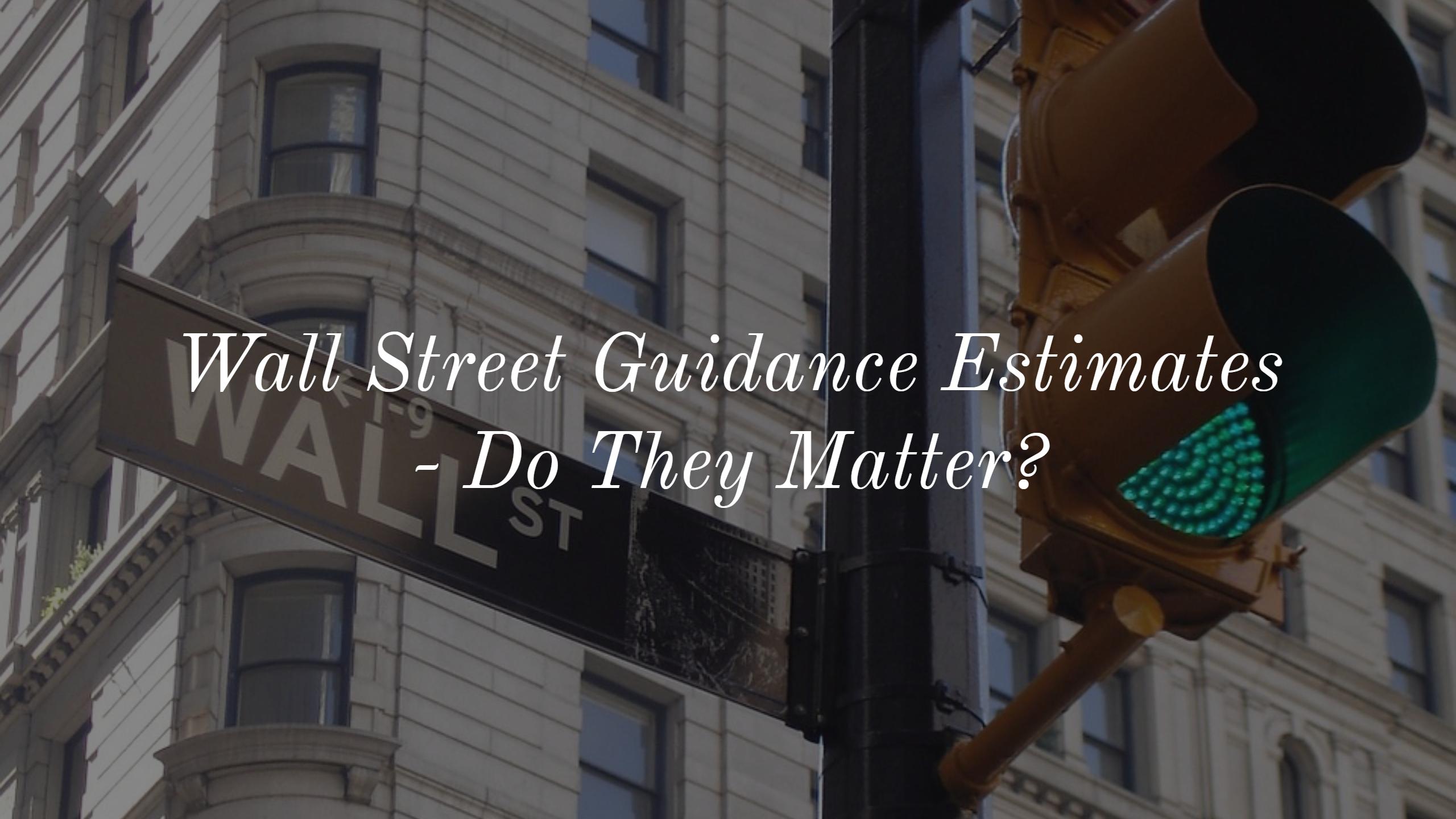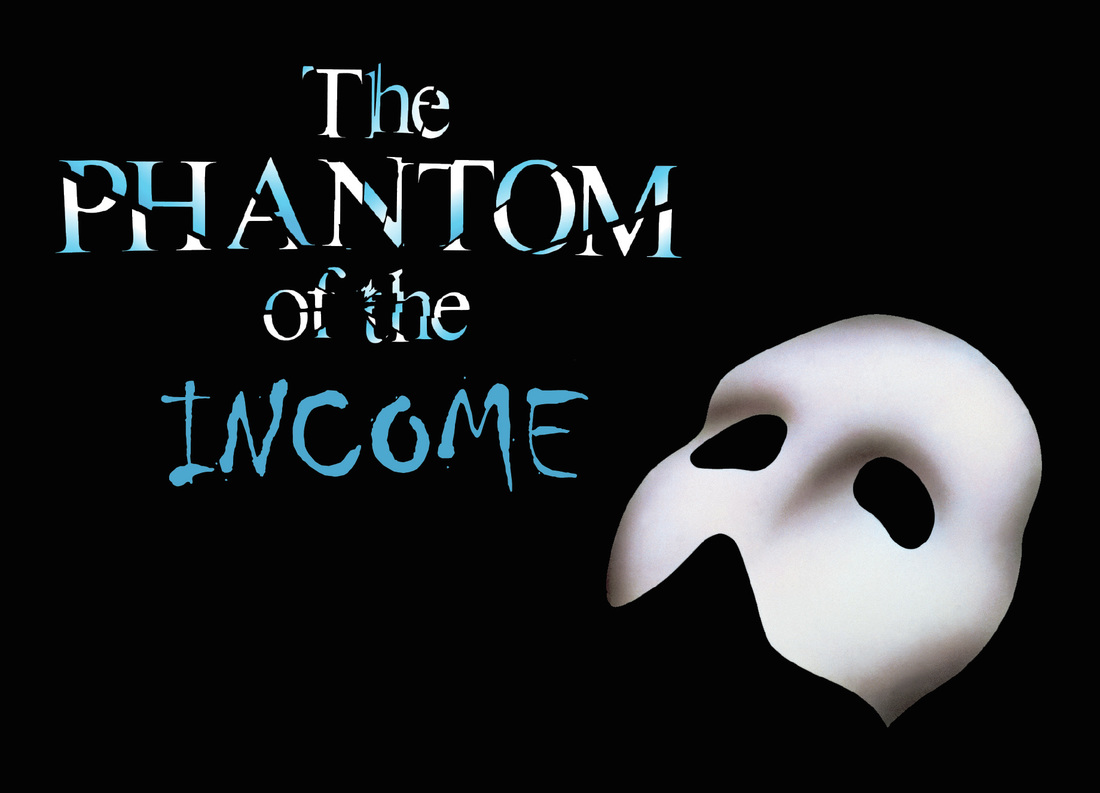|
Over the last few months we have been asked, and have heard rumblings, of utilizing Individual Retirement Accounts (IRAs) to invest in assets such as private businesses and/or real estate. At first glance, this seems like an attractive deal – invest in a private business with potentially high returns while doing so in a tax-efficient way – yes please. However, like anything else, once you start down the rabbit hole, it becomes more clear that using an IRA to invest in “alternative” assets has as many pro’s as there are con’s. So, let’s dive into the intricacies of utilizing the sought after self-directed IRA.
First, LBW would like to give a shout out to Erin Ogden, co-owner of OgdenGlazer, LLC for providing the article that we have based this blog post on. Second, our post is a response to the article linked below, please read it to gain more clarity on the subject (we apologize for the extra work!). Third, the article was published Jun 23, 2016. We are a little late on our opinion, however this article provides an excellent example of understanding the respective risk vs. reward.
http://www.inc.com/zoe-henry/lebron-james-stephen-curry-finance-strategies.html?cid=sf01001&sr_share=twitter Before I (Tim) get in to my thoughts on the article, I need to disclose a few items: 1) Growing up, I idealized the Chicago Bulls (being from Salt Lake City and watching the Bulls whoop the Jazz was bittersweet), and to see the Warriors break their regular season winning record was tough; 2) Because the Warriors broke the record, I could only hope that they would lose in the finals, so that the 1996 Bulls team could continue to be the best team in NBA history; 3) I will admit, I am a LeBron James fan and have been since he entered the NBA; 4) As a result of my admiration for James and the 1996 Bulls team, I am not a fan of Steph Curry nor the Warriors. With this full disclosure in mind, I will now give my thoughts on the article. In the financial services industry we constantly hear different jargon and phrases, and one phrase often quoted as it relates to an individual’s finances is: “don’t put all your eggs in one basket”. The saying has been around for centuries, and can be traced back to printed text in the 1660’s[1]. The phrase essentially states that concentrating all of your prospects or resources in one thing or place can be detrimental because the risk of losing everything increases drastically. Simply put, diversification of prospects or resources can help eliminate concentration risk. We recognize a lack of diversification in one’s investment holdings can cause the individual to take on undue risk. The issue we want to address is the misuse of the term “diversification”.
How LBW See’s It
When speaking with prospects, clients, or anyone who will listen, about LBW’s investment framework we may begin the conversation talking about one of the forefathers of value investing, Benjamin Graham. Graham wrote a book titled “The Intelligent Investor: The Definitive Book on Value Investing” and in that book, he brought to light the concept of “Mr. Market”. Who is “Mr. Market”? It is probably best described by Graham himself: “Imagine that in some private business you own a small share that cost you $1,000. One of your partners, named Mr. Market, is very obliging indeed. Every day he tells you what he thinks your interest is worth and furthermore offers either to buy you out or to sell you an additional interest on that basis. Sometimes his idea of value appears plausible and justified by business developments and prospects as you know them. Often, on the other hand, Mr. Market lets his enthusiasm or his fears run away with him, and the value he proposes seems to you a little short of silly If you are a prudent investor or a sensible businessman, will you let Mr. Market’s daily communication determine your view of the value of a $1,000 interest in the enterprise? Only in case you agree with him, or in case you want to trade with him. You may be happy to sell out to him when he quotes you a ridiculously high price, and equally happy to buy from him when his price is low. But the rest of the time you will be wiser to form your own ideas of the value of your holdings, based on full reports from the company about its operations and financial position.”[1] Cash and debt management can be an ally or detriment to a person’s financial well-being. In today’s information age, personal finance tools are plentiful. However, many are unknown, misunderstood, or aren’t applicable to one’s lifestyle.
A constant theme we address with clients is a desire or need for improved cash flow and/or liquidity. And sometimes, little do they know, a resource may lie right beneath their feet…literally. A Home Equity Line of Credit (a.k.a. HELOC) may be a solution to add flexibility to your cash management practices. HELOCs have been on the financial scene since the 1990s. On March 31, 2016 Forbes wrote an article titled “Your Neighbor Got a HELOC, Should You?”[1] and stated “Over 37 million borrowers have an average of $112,000 equity available to tap in their homes…”. For some home owners, putting this equity to use could provide multiple benefits. Let’s explore a few and don’t worry, it’s not a one-sided conversation – we will examine the disadvantages as well. Full Disclosure: I (Nathaniel) am not a Wall Street analyst.
What do you think of when you hear "Wall Street estimates"? Most people vaguely think of sitting at home on their couch, channel surfing on their TV and coming across the CNBC channel. They may hear about a company that has reported their earnings, and Wall Street's estimates were different from what the company was reporting. Ring any bells? Beyond what you see on CNBC, what do Wall Street estimates truly mean? What effect(s) do they truly have on companies? As many of you know, at LBW, we try to blog once a month. However, we felt “Election Decision 2016” warranted a continuation of our Q3 2016 Commentary where we wrote about the weeks leading up to yesterday - November 8, 2016. To quote our Q3 2016 Commentary “We will admit none of us at LBW are political geniuses nor wish to discuss our political views, but a new President (regardless of whom is elected) means uncertainty and uncertainty raises questions.”. The uncertainty we spoke about was made evident by the markets last night with the S&P 500’s and Dow’s (DJIA) futures losing roughly 5% at their lows. Why? The markets felt it was Hillary’s to win, but Trump gathered steam quickly and never gave it up thereby leading him to be declared the 45th President of the United States of America. Some people may have potentially felt a sense of fear as they watched the market futures tumble and then open positively today. Our role as financial educators and active money managers is to address these potential fears and add perspective. The volatility experienced, is not the end of financial markets. 2016 has been ripe with volatility from China’s stock market issues in January to BREXIT’s surprise vote in June. It is our role, responsibility, and skill set to be apprised of what factors may impact the businesses we invest in; this is our primary concern. As we tell prospective and current clients, we take such factors into consideration when conducting our research, but we do not let them dictate our investment decisions. Market volatility allows investors practicing the value investing framework to shine – as macro factors push markets down, companies we are researching or own could be selling at irrational discounts versus our estimates of their value. “Election Decision 2016” may come with changes to policies such as re-negotiated trade agreements, altered financial regulations, and immigration policy upheaval. Specific companies may be impacted for better or worse. At LBW we think long-term, and as mentioned above, feel this potential short-term volatility may create opportunities. We will be ready to capitalize on these possible changes and/or volatility, and invest accordingly.
A common story we hear from potential clients is that they have had an unpleasant financial experience recently or at some point in the past. One rampant story involves said client speaking with someone who they thought was a full-service financial advisor and was going to help provide them financial guidance or specific advice/management pertaining to their investable assets. Instead, they spoke with an insurance agent applying pressure to buy a permanent life insurance policy with a cash value component[1]. Not exactly what the client was asking for, and probably not what they needed either. Does that necessarily matter to the agent who is going to be paid a rather substantial commission for their sale of the product? How LBW See’s It
The third quarter of 2016 has come and gone faster than the Wisconsin summer (and that’s saying something). However, the beginning of the fourth quarter seems only to be heating up as we approach the election of a new U.S. president. Why write about the election? We will admit none of us at LBW are political geniuses nor wish to discuss our political views, but a new President (regardless of whom is elected) means uncertainty and uncertainty raises questions. The one we have been asked most is “What is going to happen to the markets if Trump or Clinton are elected?”. That is the million-dollar question, and we will try our best to provide our point of view as it relates to the stock market. On April 6, 2016 the Department of Labor (DOL) finalized a ruling addressing conflicts of interest they felt were evident in financial advisers’ retirement advice. This rule is more commonly known as the “DOL Fiduciary Rule”. We recognize the rule was finalized a few months ago, but we keep running into people who don’t quite understand the rule and its impact. So, in this month’s blog we are going to examine what the DOL rule truly means, and our opinion on the perceived impact to the financial industry.
|
Archives
June 2018
DisclaimersCopyright © 2018 Leach, Bickmore & Weiss Wealth Management, LLC. All rights reserved.
|









 RSS Feed
RSS Feed
